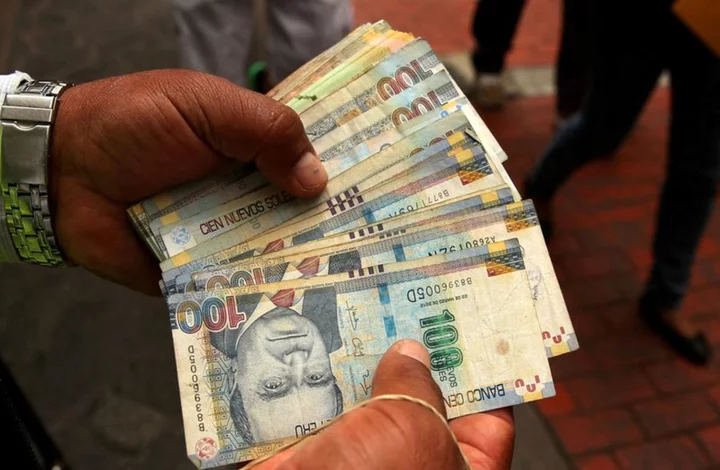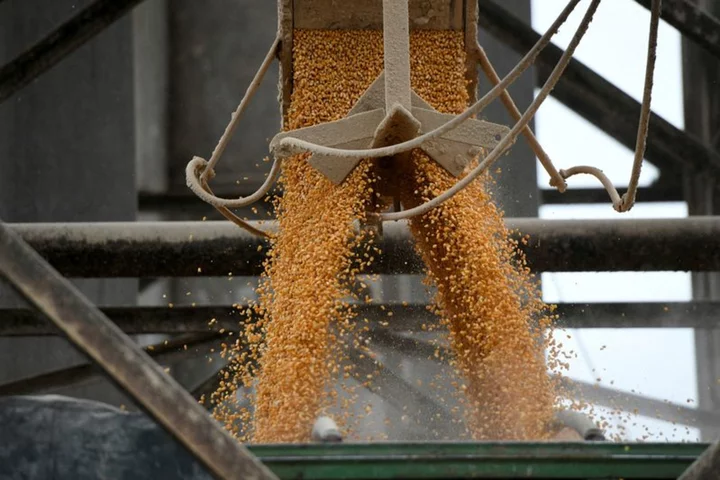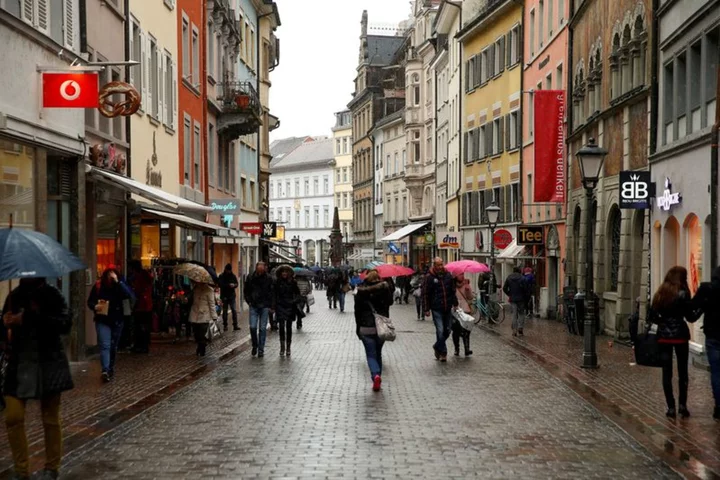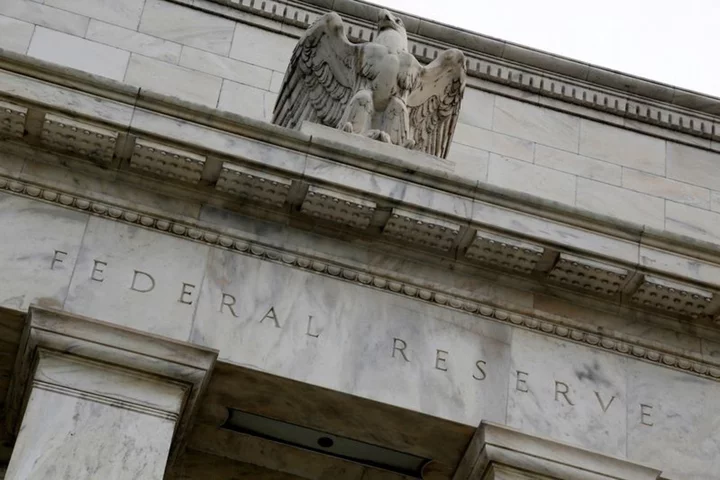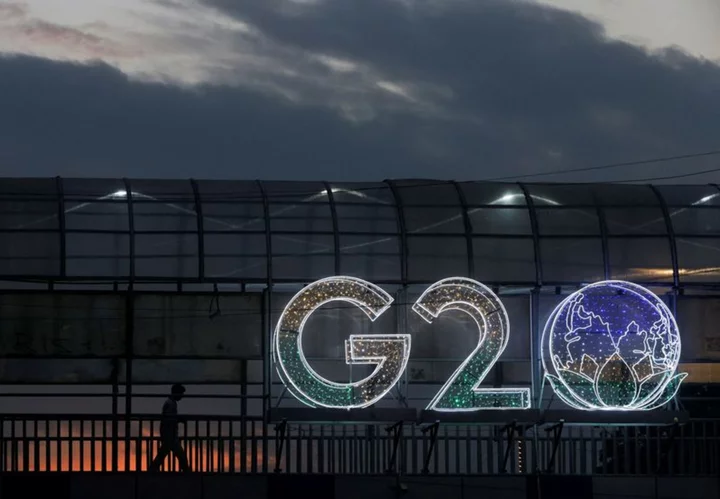By Sarah Morland and Isabel Woodford
Peru's economy is showing signs it could start growing again after shrinking in the first half of this year, the country's finance chief said on Tuesday, after data earlier in the day confirmed that the country had entered a technical recession.
Peru's gross domestic product (GDP) shrank 0.56% in June, according to government statistics agency INEI, cementing two consecutive quarters of economic contraction, and lagging behind analysts' forecasts.
The Andean economy's performance comes as the mineral-rich country grapples with the fallout from nationwide anti-government protests earlier this year as well as adverse weather weighing on growth.
Finance Minister Alex Contreras on Tuesday highlighted preliminary, yet-unpublished data pointing to economic expansion in July and the first two weeks of August.
"There are signs ahead that suggest there will be a recovery," he said during a streamed ministry presentation.
During the April-to-June period, the economy shrank 0.6%, which followed a 0.43% contraction in the first quarter.
Many economists define a technical recession as two consecutive quarters of negative growth, though some view that definition as too narrow.
Contreras has denied that the country has entered a recession, and earlier this month, blamed the protests and adverse weather for the downturn.
On Tuesday, he reiterated his forecast that the economy grew in July.
He also argued that Peru's economy is among the strongest in the region, despite fears of a global economic slowdown driven by China plus more adverse weather linked to El Nino.
The periodic El Nino phenomenon, which scientists say is compounded by climate change, warms the Pacific Ocean and tends to fuel tropical cyclones, floods and intense rainfall across the Americas.
INEI's June data showed economic shocks from the fishing sector, with output plunging nearly 70%, while manufacturing slid 15%.
Peru's mining and oil industries, however, grew 16% in the month.
(Reporting by Sarah Morland and Isabel Woodford; Editing by Valentine Hilaire, Anthony Esposito and Sonali Paul)

